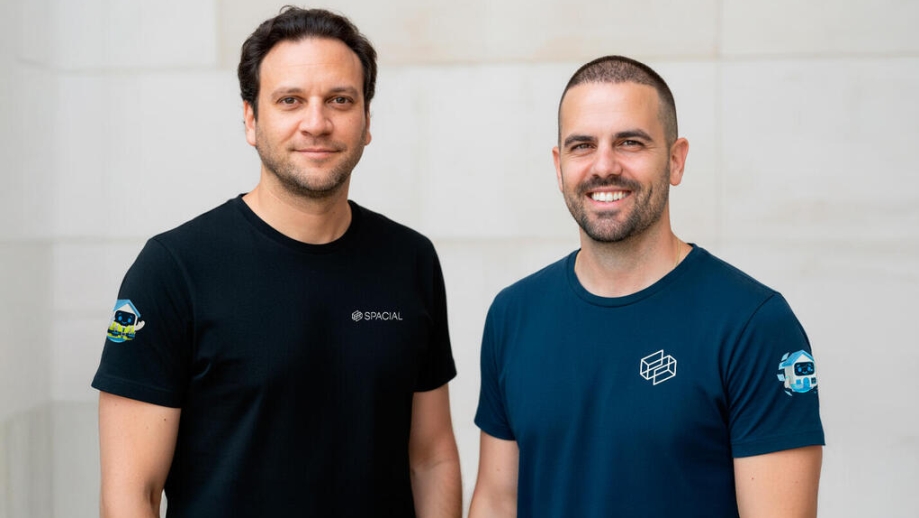Copyright TechStartups.com

The American housing market is stuck in a slow lane. Building a single home can take months of back-and-forth approvals, engineering reviews, and paperwork before a shovel ever hits the ground. Palo Alto–based AI startup Spacial wants to change that—and it just raised $10 million to speed things up. The seed round, led by TLV Partners with participation from Mango Capital, Re Angels, and HTV, will help the company expand its AI platform that automates residential engineering and permitting. With this funding, the Israeli-founded startup aims to bring AI to building design and eliminate costly manual processes and delays. The funding will also fuel sales and customer support teams as Spacial scales adoption among architects, builders, and design professionals across the U.S. Spacial was founded in 2024 by CEO Maor Greenberg and Chief Product Officer Ami Avrahami, two veterans of construction and proptech who saw an opportunity to merge AI with one of the most stubbornly analog industries—residential housing. Greenberg, a real estate and construction executive with nearly two decades of experience, runs Palo Alto–based Greenberg Group, while Avrahami previously co-founded Reali and Veev, both focused on reshaping real estate and prefab construction. “The residential construction process has been stuck in the same slow, manual loop for decades,” Greenberg said. “Spacial brings the art of AI automation to building—transforming how plans are engineered, coordinated, and approved.” Building Permits in Days, not Months — Spacial Raises $10 Million Seed Round to Automate U.S. Home Construction That inefficiency costs more than time. Producing permit-ready plans can stretch up to 27 weeks and cost an average of $30,000 per project, locking many families out of homeownership. Spacial’s platform tackles that bottleneck by converting 2D architectural drawings into detailed 3D, code-compliant structural and MEP (mechanical, electrical, and plumbing) plans. It detects design conflicts—like pipes intersecting with beams—and validates compliance with local codes before submission. Every plan is reviewed and approved by licensed engineers to meet permitting standards. By pairing AI precision with human oversight, Spacial shortens project cycles, reduces waste, and helps ensure faster, more affordable builds. The company says it’s already seeing traction, with 140 active projects across the U.S. and booked revenue up 300% since launch. Its growing team of 20 spans Palo Alto headquarters and a Tel Aviv R&D center. For investors, the appeal is clear. “We invest in teams that rethink how legacy industries operate, and Spacial is a prime example,” said Yonatan Mandelbaum, partner at TLV Partners. “By turning one of construction’s slowest and most fragmented processes into a connected, scalable workflow, they’re redefining how homes get built.” Spacial’s software integrates with existing design tools used by architects and engineers, spotting issues early to prevent costly rework. The company is also working with local authorities to streamline permit reviews, ensuring plans are aligned with municipal codes from the start. “Our mission is to future-proof the construction industry,” said Avrahami. “We’re building technology that connects design, engineering, and permitting in one seamless process, making residential construction smarter, faster, and more accessible for everyone.” As housing costs continue to climb, startups like Spacial are betting that automation could be key to unlocking a faster path to affordable homes. If the company delivers on its promise, the long wait for building permits might finally become a thing of the past.



